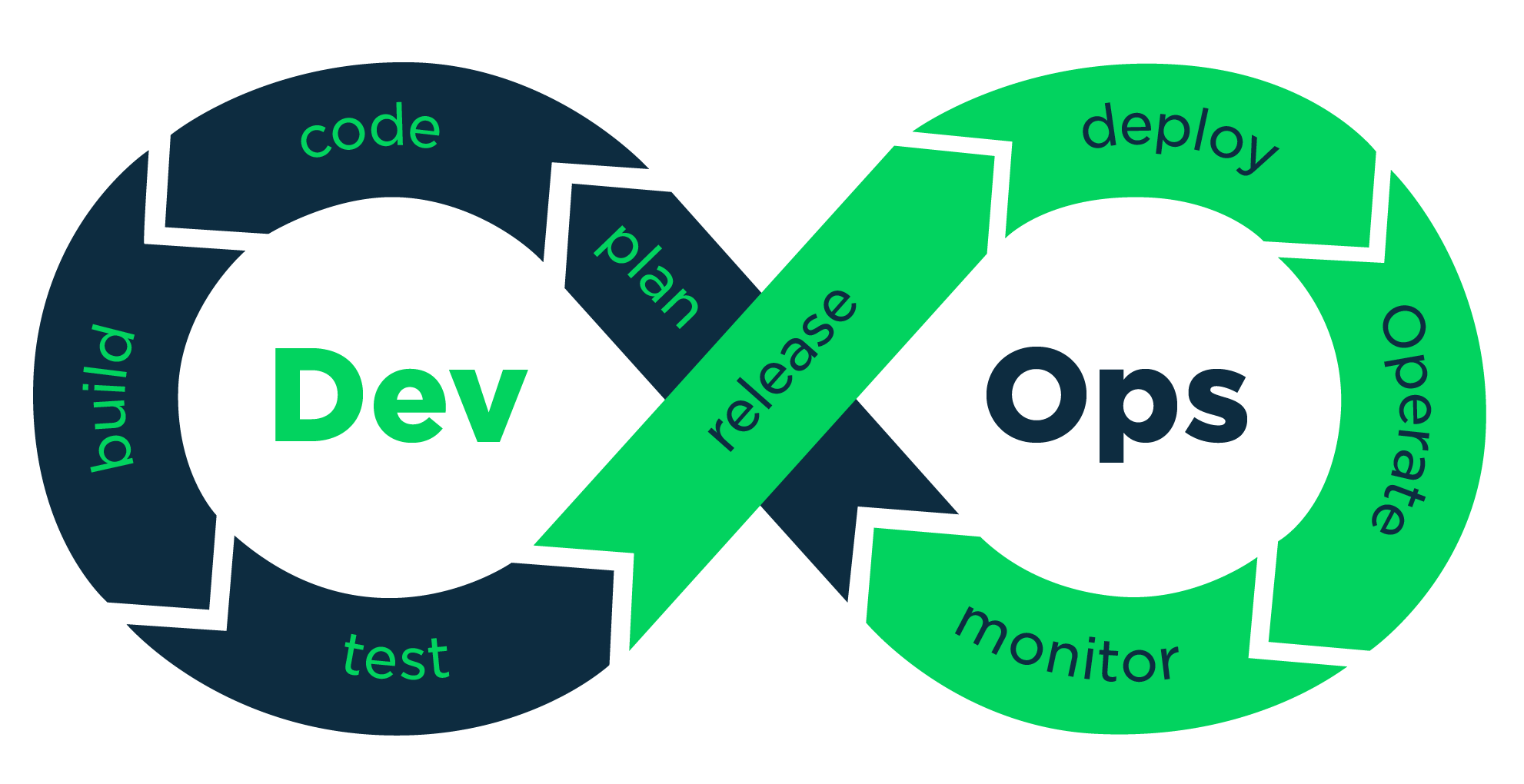To better understand DevOps practices, it is important to first understand what it is, what this software development is about, what its benefits are, and why it is important in today’s world.
What is DevOps and How was It Created?
DevOps is a set of software development methods, whose main purpose is to establish contact between the software development team (programmers) and system administrators.
This movement first appeared back in 2008. The reason for its creation was various problems and conflicts between programmers and system administrators. Due to these conflicts, the release of products was often delayed, the quality of products deteriorated, and, accordingly, the amount of profit decreased. That is why the idea of a structured organization in this area appeared. All employees were divided into certain positions and professions, which helped them solve their problems.
Basic DevOps methods:
- Regular and frequent updates. This approach ensures constant updating of the products sold and, accordingly, leads to constant growth and development of a company.
- The division of large and complex systems into small and independent services.
- Continuous integration.
- Continuous delivery.
- Infrastructure as code. The code makes it much easier to keep track of the various processes that are going on in systems.
- Interaction between employees of different fields.
Using these methods together allows different companies to come up with reliable updates for customers faster.

DevOps Ideology
The main idea was to bring employees together, to improve interactions between them. That is why the first thing that characterizes DevOps is regular interaction between people and the ability of employees to always find a common language with each other. Besides, every employee of the company is responsible for any action, which means that if something happens, everyone will either be fined or rewarded. Another characteristic feature of DevOps is that people solve all emerging problems at the initial stages. They identify problems at an early stage due to the rapid completion of tasks and careful monitoring of ongoing processes. These ideas are what make the DevOps methodology so successful in today’s world.
The Main Principles of DevOps
Culture. This refers to the structure of the company, and the relationship between developers and operators. They always lacked mutual understanding, which is why it was decided to divide them into two different groups while combining their common skills.
Automation. Currently, all industries are switching to automation, and DevOps is no exception. Automation makes various processes easier, saves a lot of resources and time, and reduces the number of mistakes that people commonly make.
Exchange. This principle involves maintaining very close contact between programmers and system administrators.
Measurement. People measure the four most important processes, analyze them, and suggest ways to improve them.
Advantages of DevOps:
- High speed. One of the methods contributes to this.
- Fast delivery. Continuous delivery and integration contribute to fast delivery.
- Reliability.
- Collaboration. In general, the whole principle of DevOps is the cooperation of employees with each other.
- Security.
- Scale. All the advantages of this methodology were the reason for its rapid spread in recent years.
Understanding all the features of DevOps methods is not so easy, so it makes sense to study this topic more carefully.












